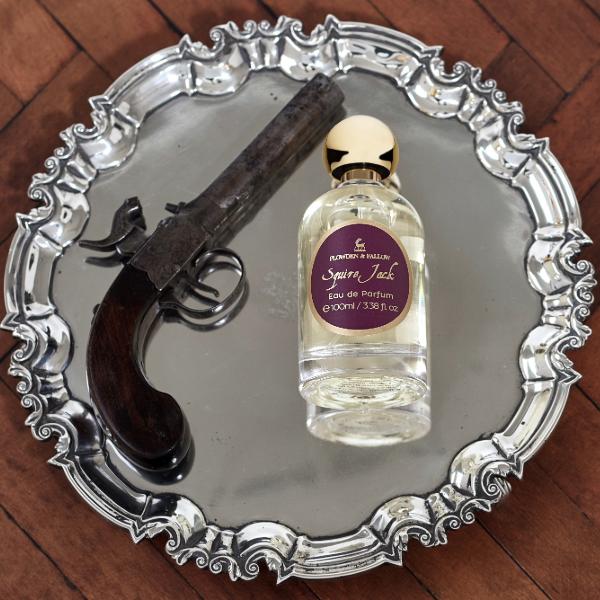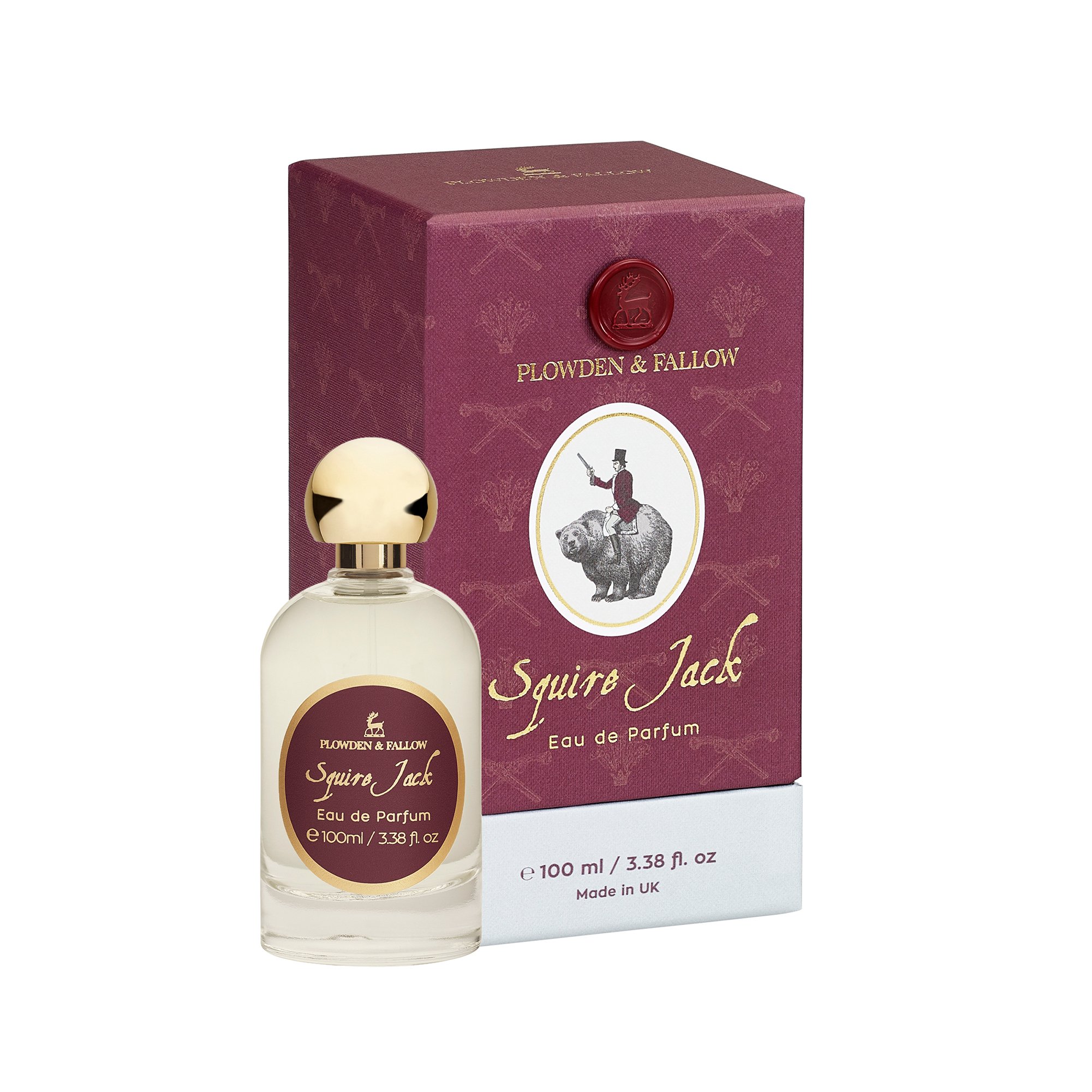English Eccentricity | The Inspiration Behind Squire Jack Eau de Parfum
Squire Jack Eau de Parfum: A fragrance Inspired by the rule breaking non-conformist English notion of eccentricity.
English eccentricity is a fascinating phenomenon that has intrigued observers for centuries. From peculiar habits to extravagant lifestyles, the English have often showcased a unique brand of individuality that defies convention. In this exploration, we delve into the origins of English eccentricity, highlight notable characters such as Mad Jack Mytton, who inspired our Squire Jack Eau de Parfum, and we celebrate the enduring spirit of quirkiness that continues to captivate the world.
The Origins of English Eccentricity
The roots of English eccentricity can be traced back to various cultural, historical, and societal factors. One significant influence is the long-standing tradition of individualism and nonconformity in English society. From the eccentric artists and writers of the Romantic era to the unconventional aristocrats of the Victorian period, English culture has always harbored a fascination with the peculiar and the extraordinary.
Furthermore, the notion of eccentricity is intertwined with the British class system. Eccentricity often thrived among the wealthy and privileged classes who had the means to indulge in eccentric pursuits without fear of social repercussion. This intersection of privilege, creativity, and unconventionality laid the foundation for the emergence of iconic eccentric figures throughout English history.
Notable Characters: Mad Jack Mytton and Beyond
One of the most legendary figures embodying the spirit of English eccentricity is Mad Jack Mytton (1796–1834). An eccentric landowner and notorious spendthrift, Mytton led a life characterized by excess and audacity. His escapades, which included, to name just a few, riding a pet bear through the dining room dressed in hunting costume to scare his guests, attempting to jump toll bridges in his horse and carriage, setting his shirt on fire to cure his bout of hiccups and staging a myriad of elaborate hoaxes such as dressing up as a highwayman to rob his guests, this and more earned him a reputation as one of the most eccentric men of his time.
Mytton's extravagant lifestyle and eccentric behaviour captured the imagination of his contemporaries and continue to inspire fascination today. His larger-than-life personality and disregard for social norms epitomize the quintessential English eccentric—a figure both admired and admonished for his eccentricities.
Beyond Mad Jack Mytton, English history is replete with colorful characters who have left an indelible mark on the collective imagination. From the reclusive poet Emily Dickinson to the eccentric inventor Sir George Cayley, the annals of English eccentricity are populated by a diverse array of personalities whose idiosyncrasies continue to captivate and inspire.
The Enduring Spirit of Quirkiness
In contemporary England, the tradition of eccentricity remains alive and well, albeit in evolving forms. From the quirky traditions of village life to the eccentricities of modern-day celebrities, English culture continues to embrace individuality and nonconformity in all its forms.
In an increasingly homogenized world, the celebration of eccentricity serves as a reminder of the rich tapestry of human experience. It challenges us to embrace our uniqueness, to revel in the idiosyncrasies that make us who we are, and to celebrate the diversity of expression that defines the human spirit.
As we navigate the complexities of modern life, let us draw inspiration from the legacy of English eccentricity—the boldness, the creativity, and the irrepressible spirit that dares to defy convention and forge its own path.
In conclusion
English eccentricity is more than just a curiosity; it is a testament to the boundless ingenuity and resilience of the human spirit. Through the ages, eccentric individuals like Mad Jack Mytton have illuminated the path of nonconformity, reminding us that true greatness lies in embracing the extraordinary within ourselves.
Yours faithfully,
Plowden & Fallow Customer Services.


